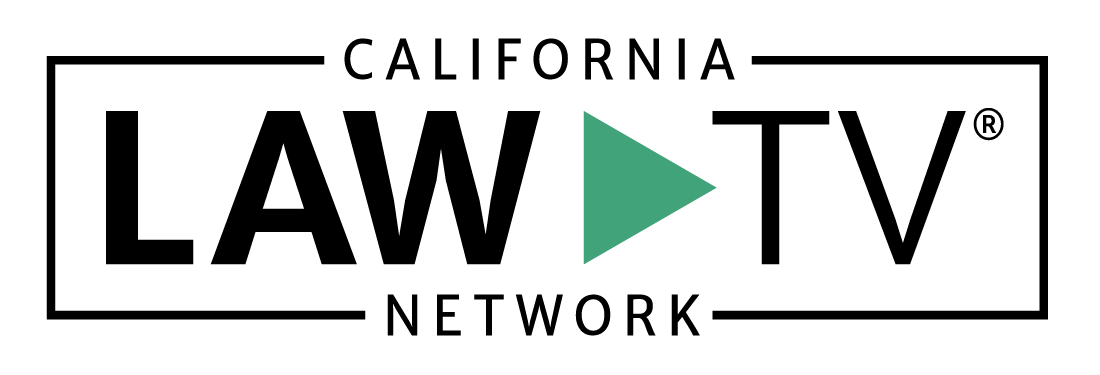Legal Glossary
The legal glossary is a comprehensive index of legal terms aimed at educating and helping consumers better understand some of the legal terminology and jargon that is often used in describing legal matters.
A crime punishable by death. In the federal system, it applies to crimes such as first degree murder, genocide, and treason.
The use of court decisions to determine how other law (such as statutes) should apply in a given situation. For example, a trial court may use a prior decision from the Supreme Court that has similar issues.
A judge's office.
The law that the police believe the defendant has broken.
The judge's instructions to the jury concerning the law that applies to the facts of the case on trial.
The judge who has primary responsibility for the administration of a court. The chief judge also decides cases, and the choice of chief judges is determined by seniority.
All evidence that is not direct evidence (such as eyewitness testimony).
An officer appointed by the court to work with the chief judge in overseeing the court's administration, especially to assist in managing the flow of cases through the court and to maintain court records.
The legal system that originated in England and is now in use in the United States. It is based on court decisions rather than statutes passed by the legislature.
A written statement by the plaintiff stating the wrongs allegedly committed by the defendant.
Decision by a judge to postpone trial until a later date.
An agreement between two or more persons that creates an obligation to do or not to do a particular thing.
A judgment of guilt against a criminal defendant.
Legal advice; a term used to refer to lawyers in a case.
A claim that a defendant makes against a plaintiff. Counterclaims can often be brought within the same proceedings as the plaintiff’s claims.
Government entity authorized to resolve legal disputes. Judges sometimes use court to refer to themselves in the third person, as in the court has read the briefs.
A person who makes a word-for-word record of what is said in court and produces a transcript of the proceedings upon request.
Questioning of a witness by the attorney for the other side.

 Navigation
Navigation